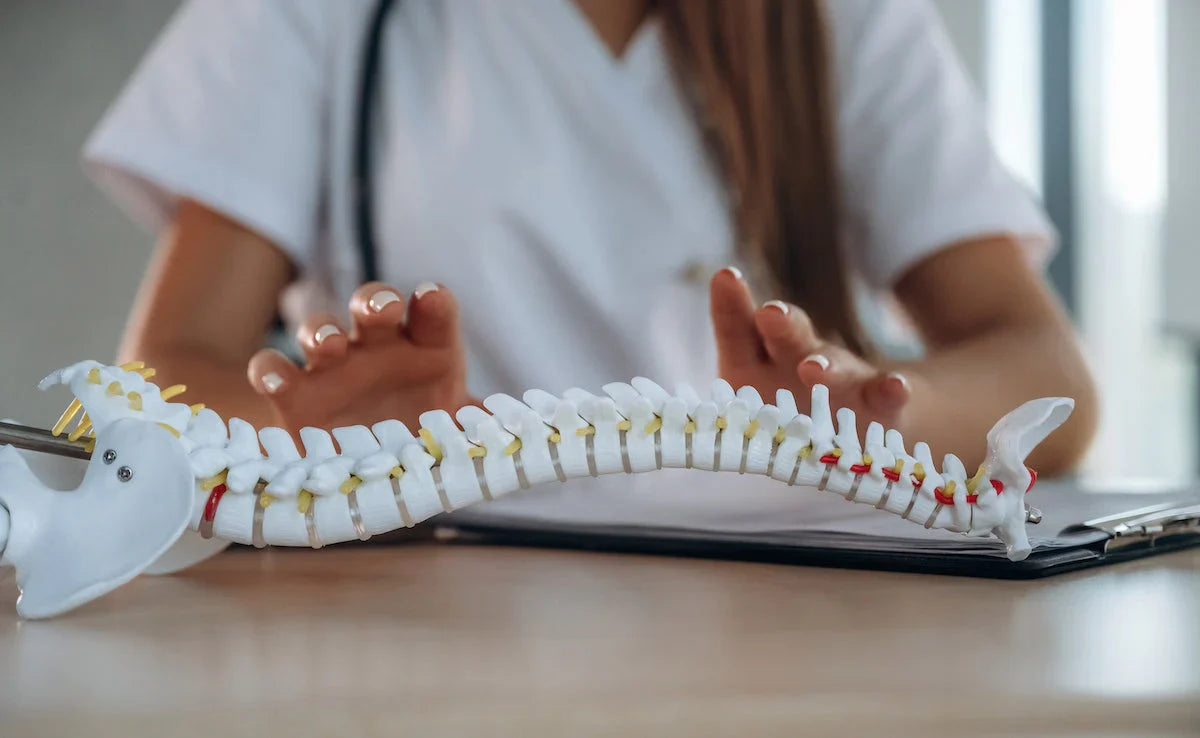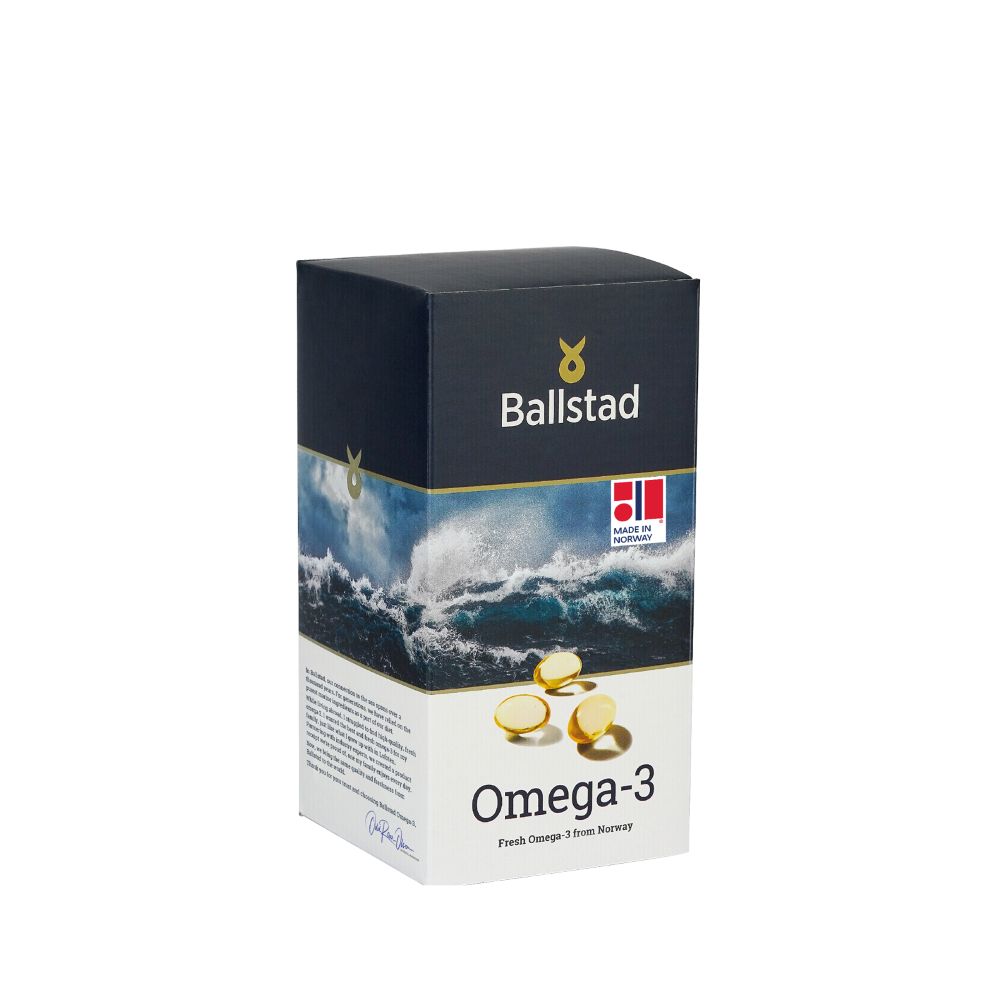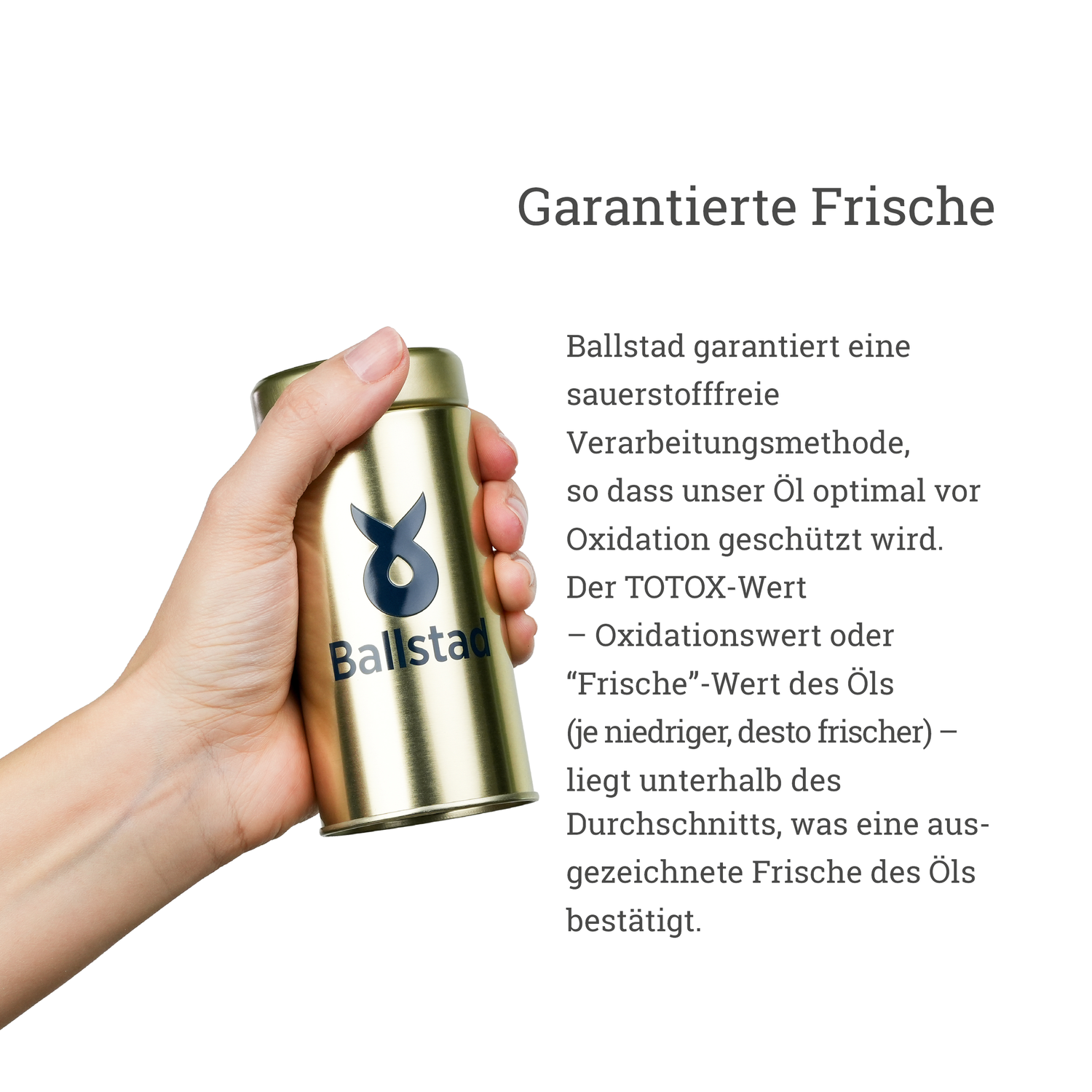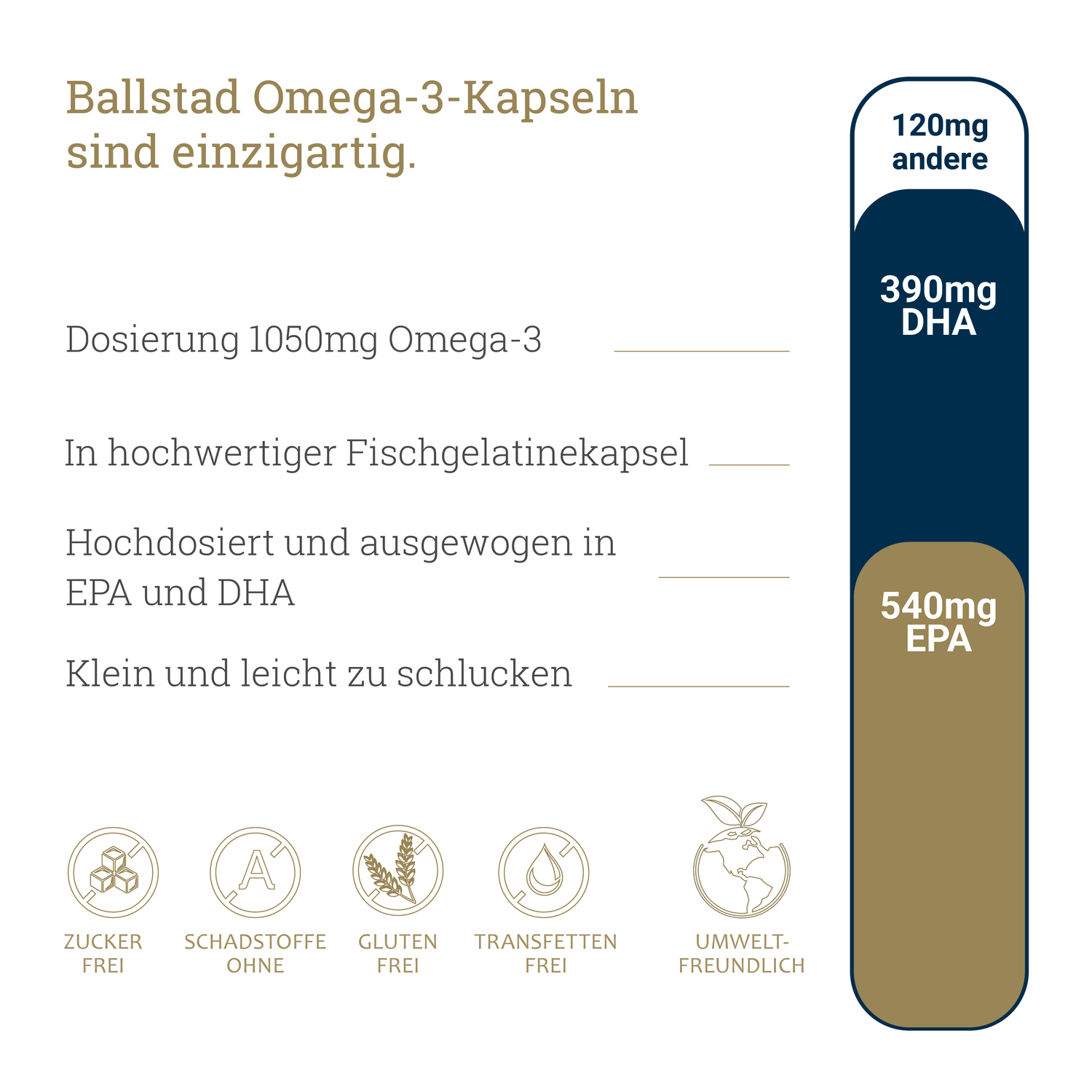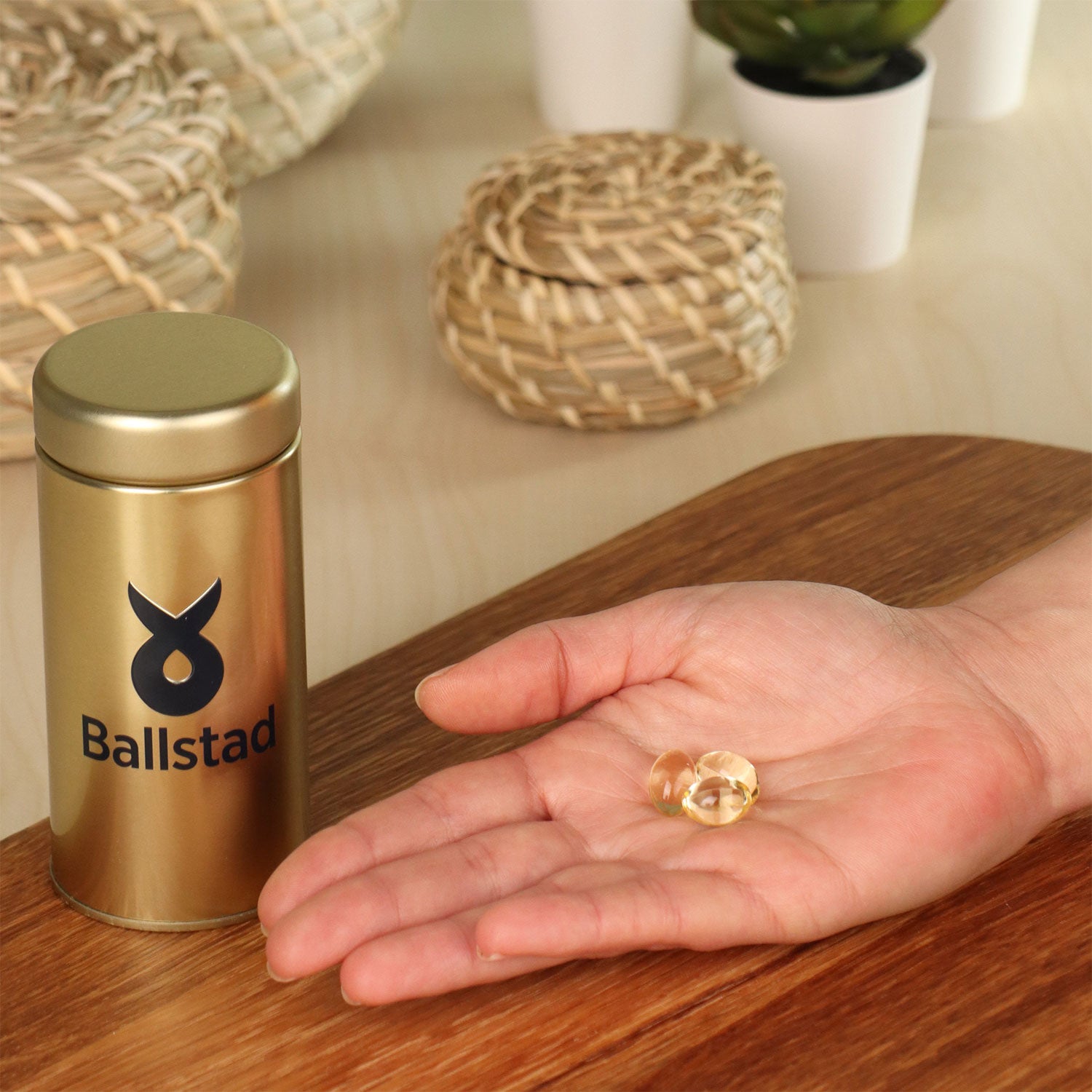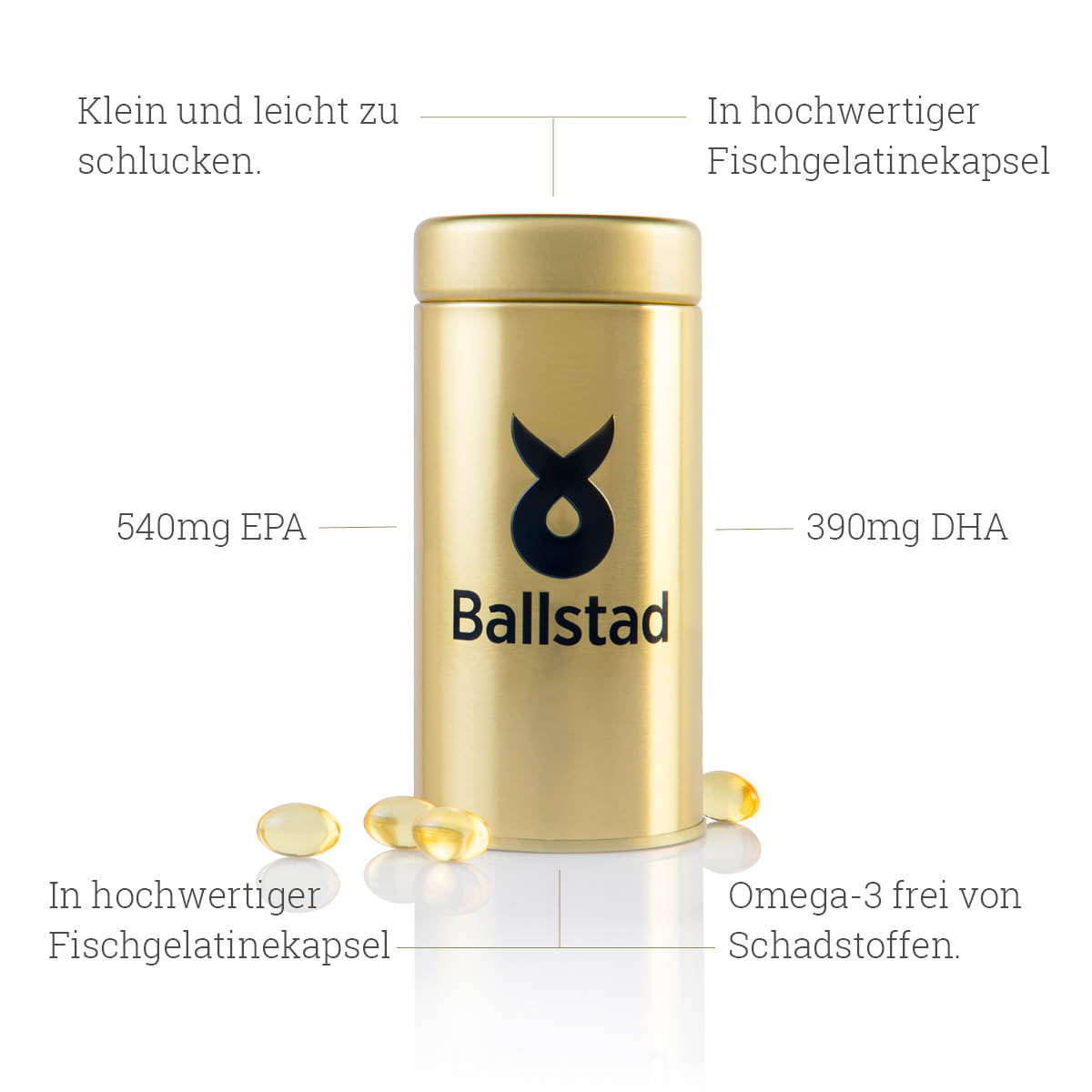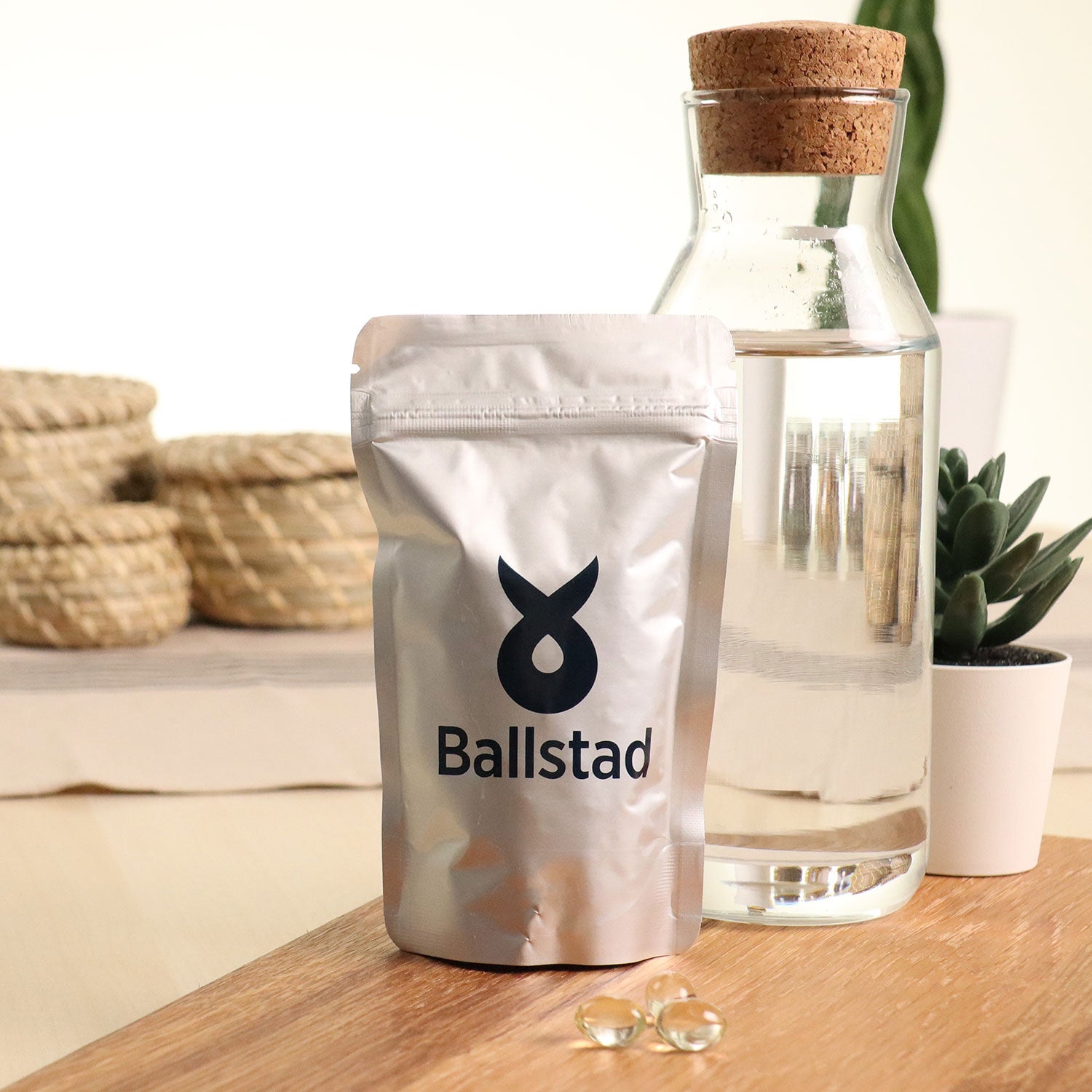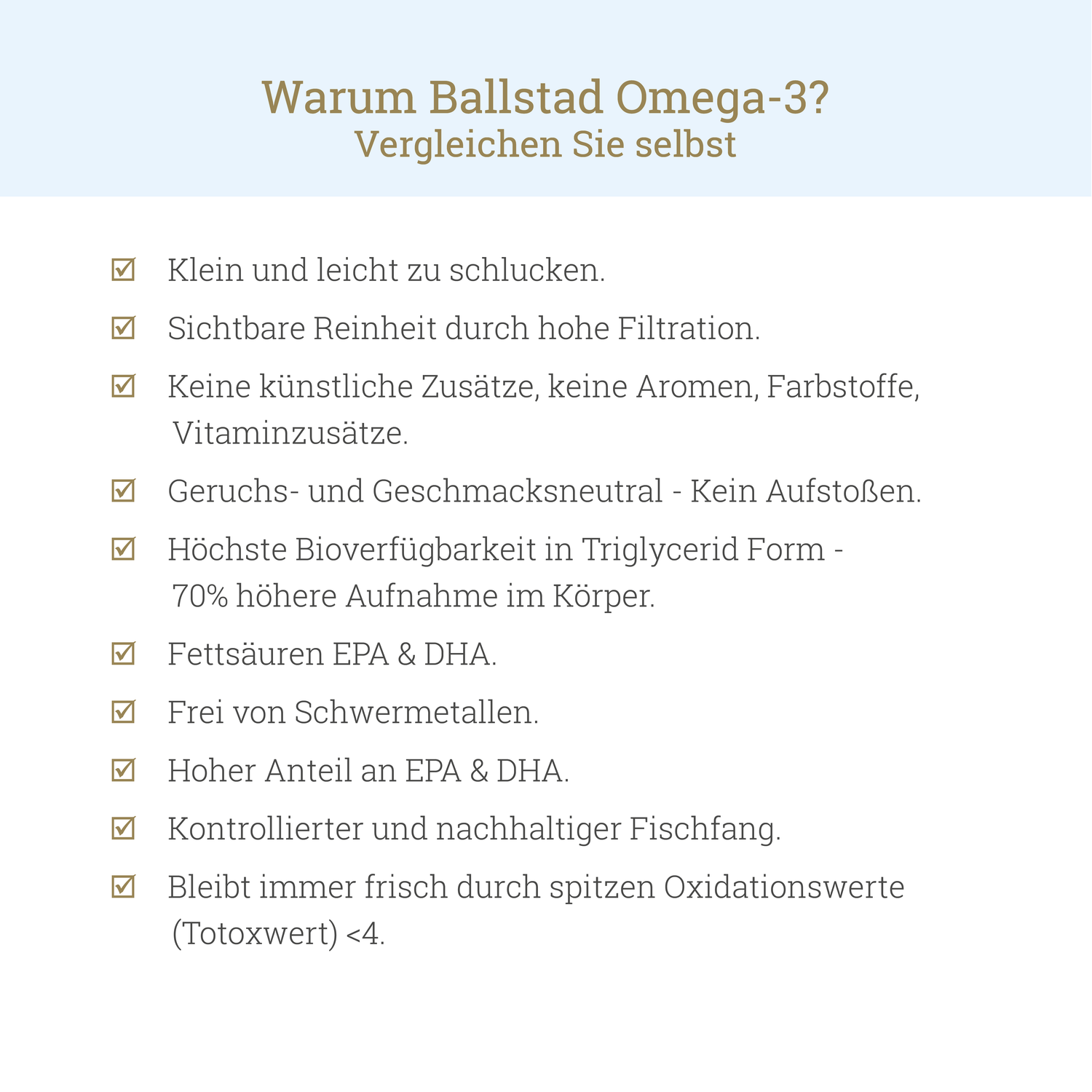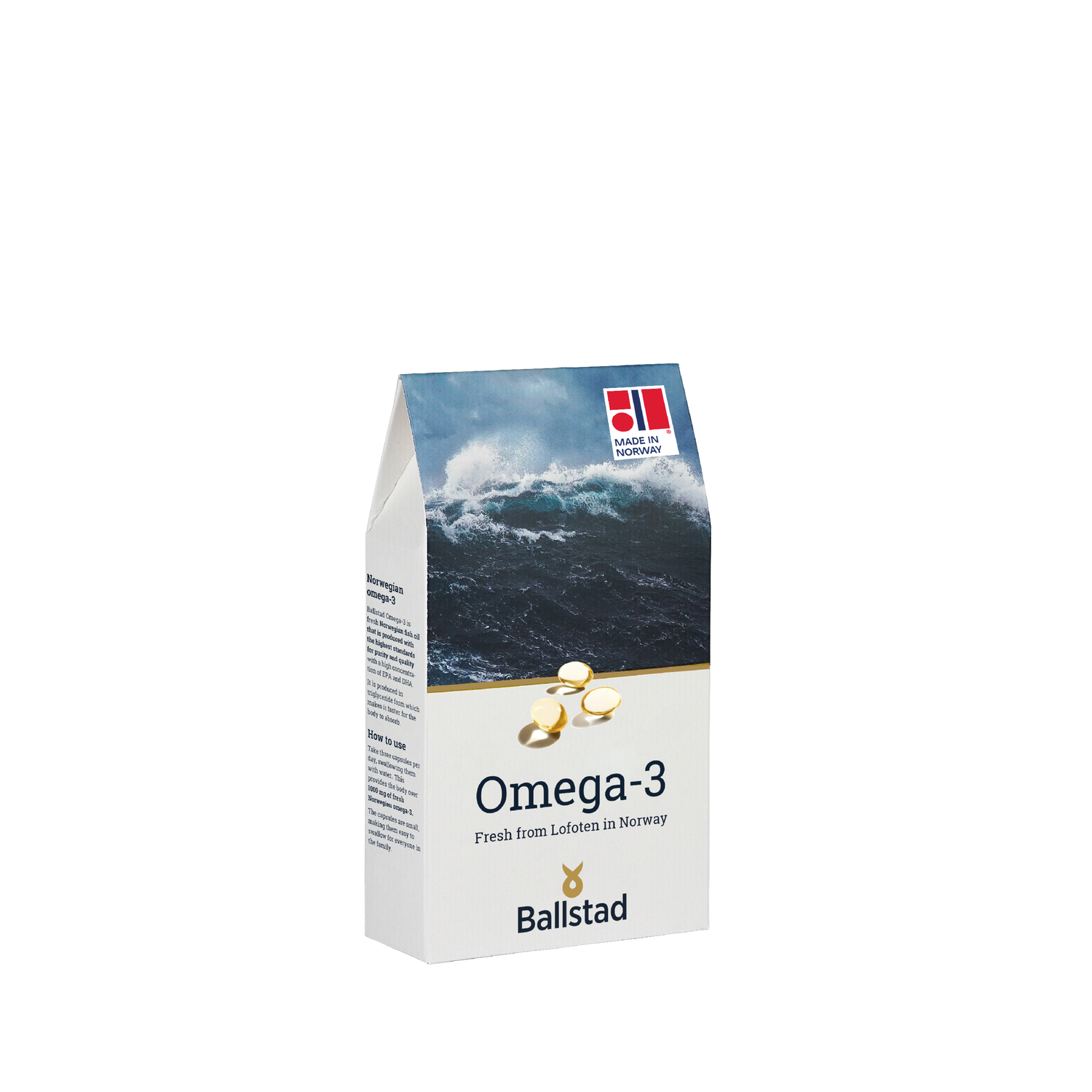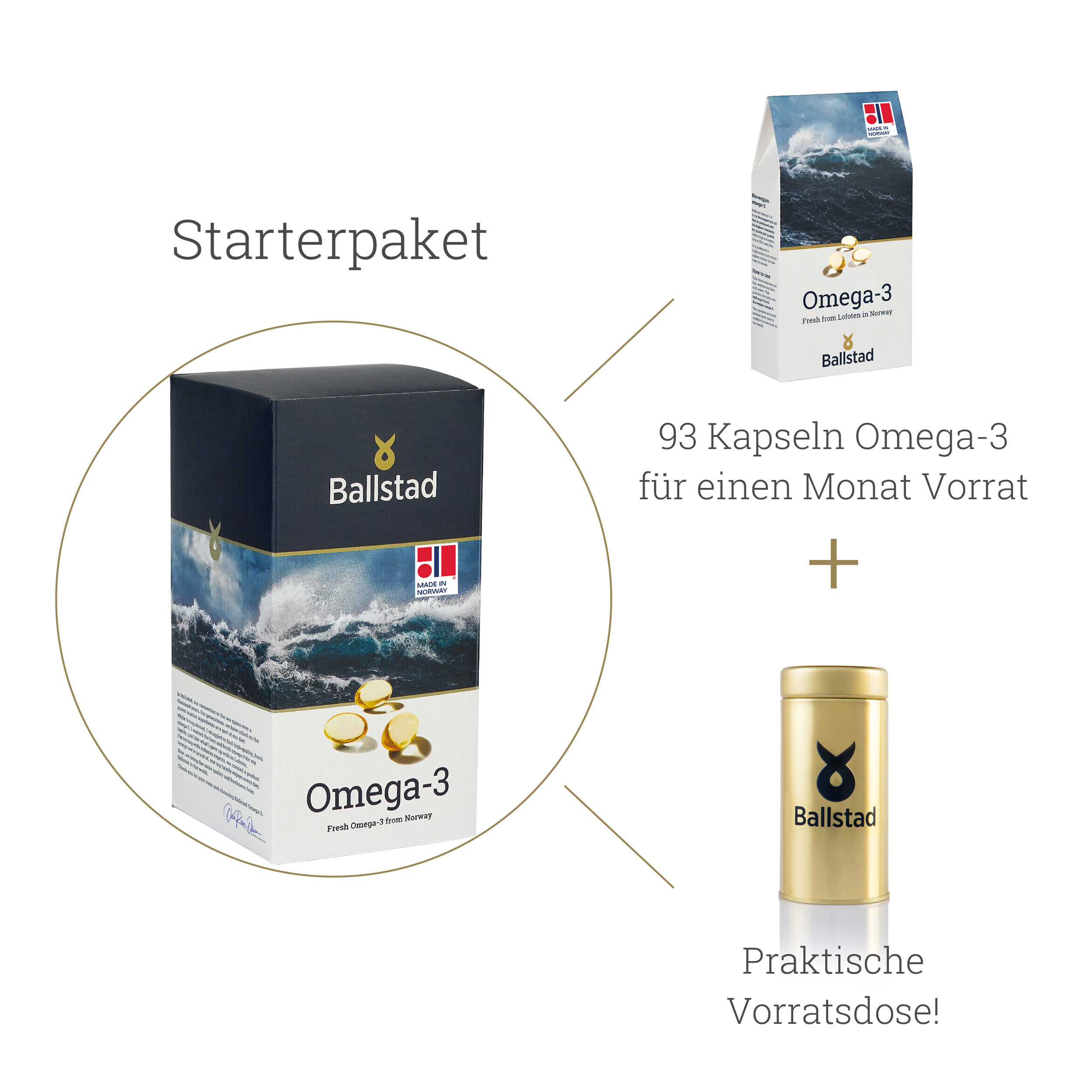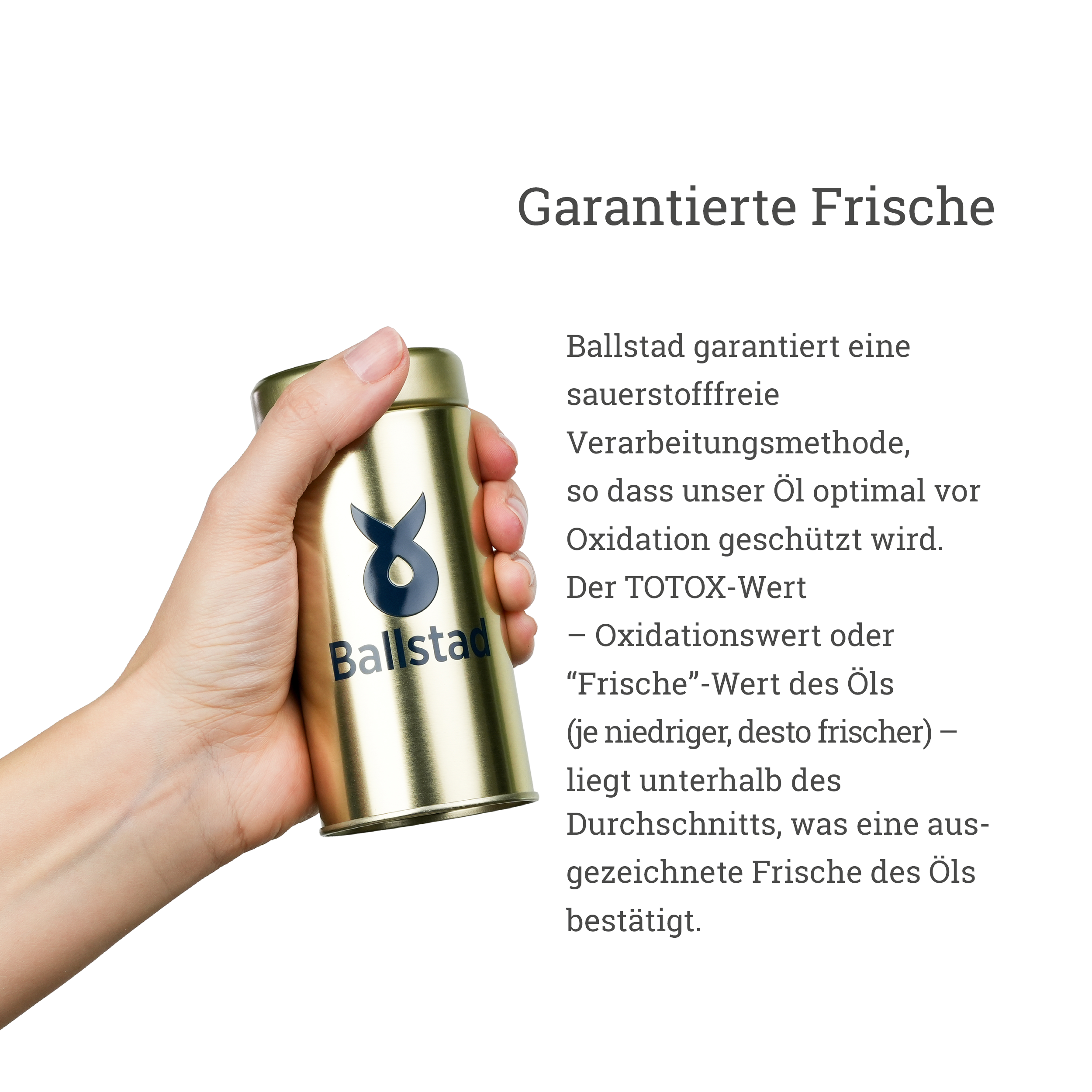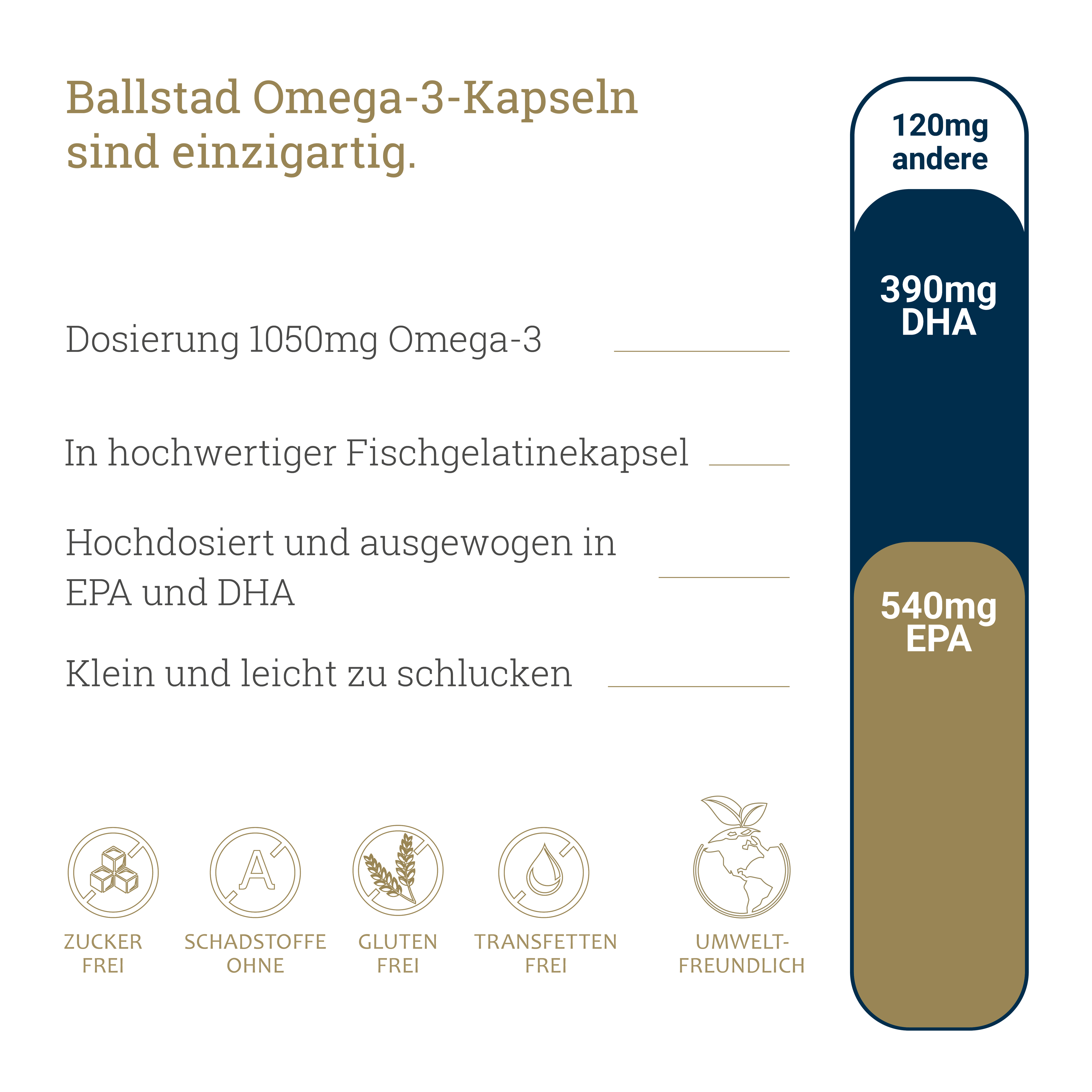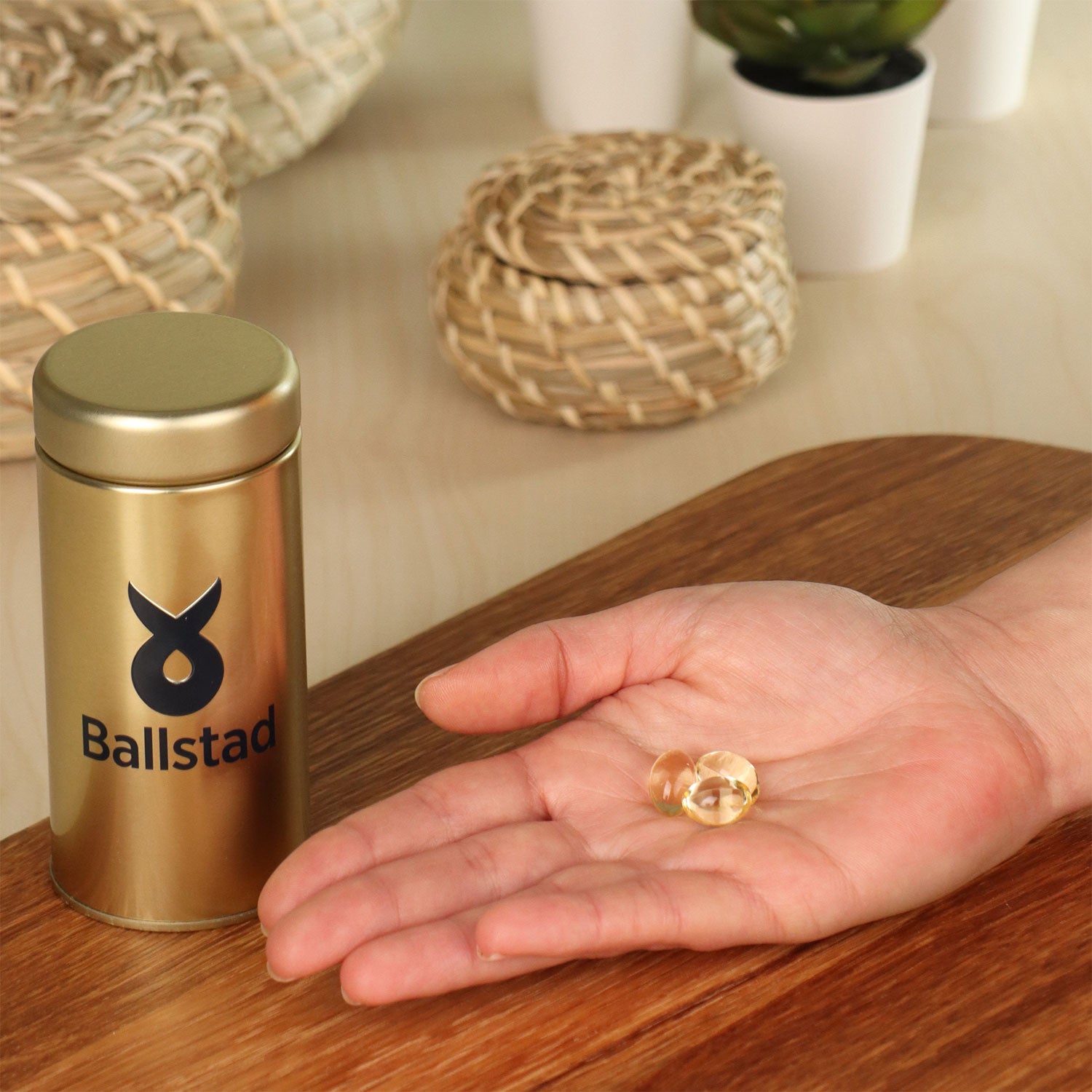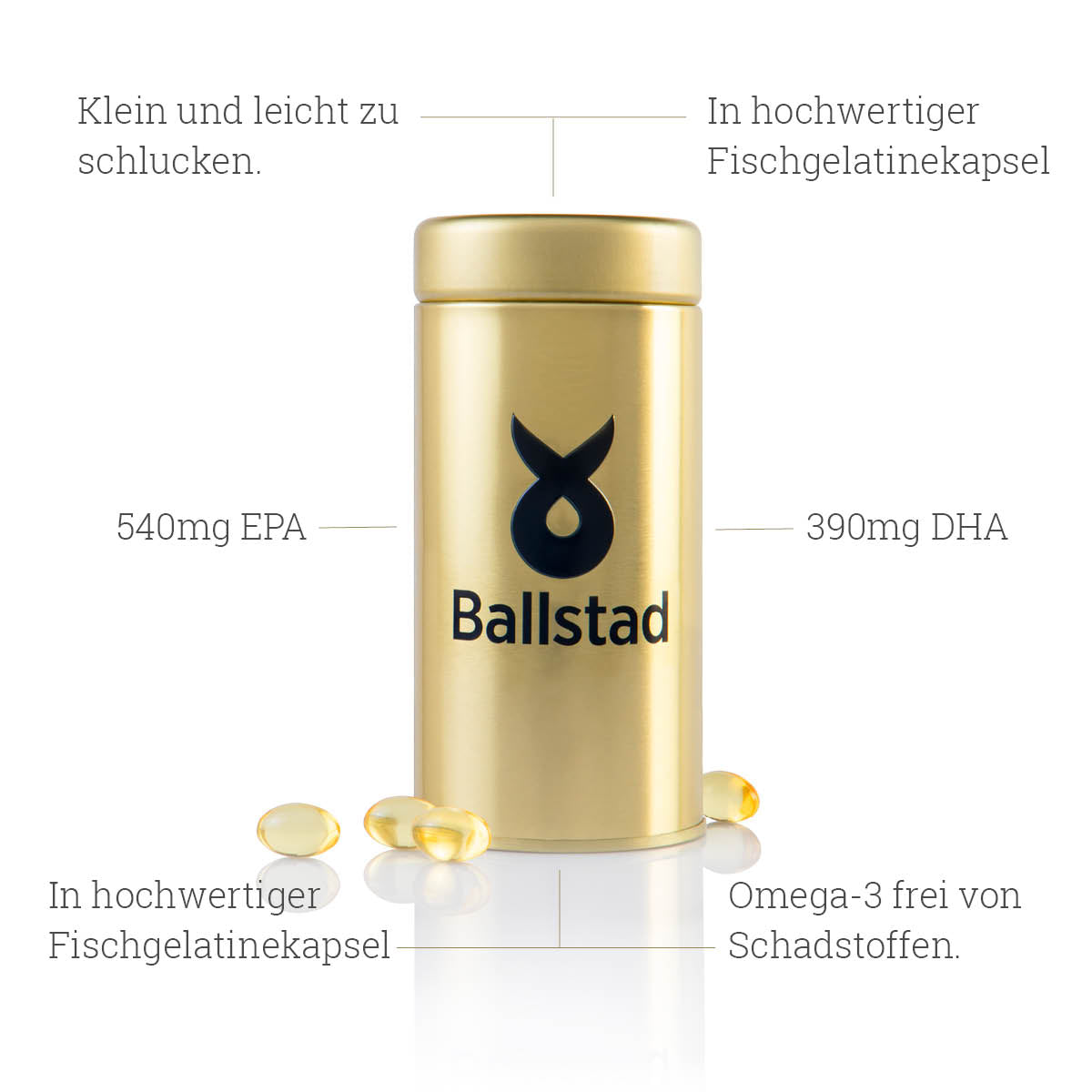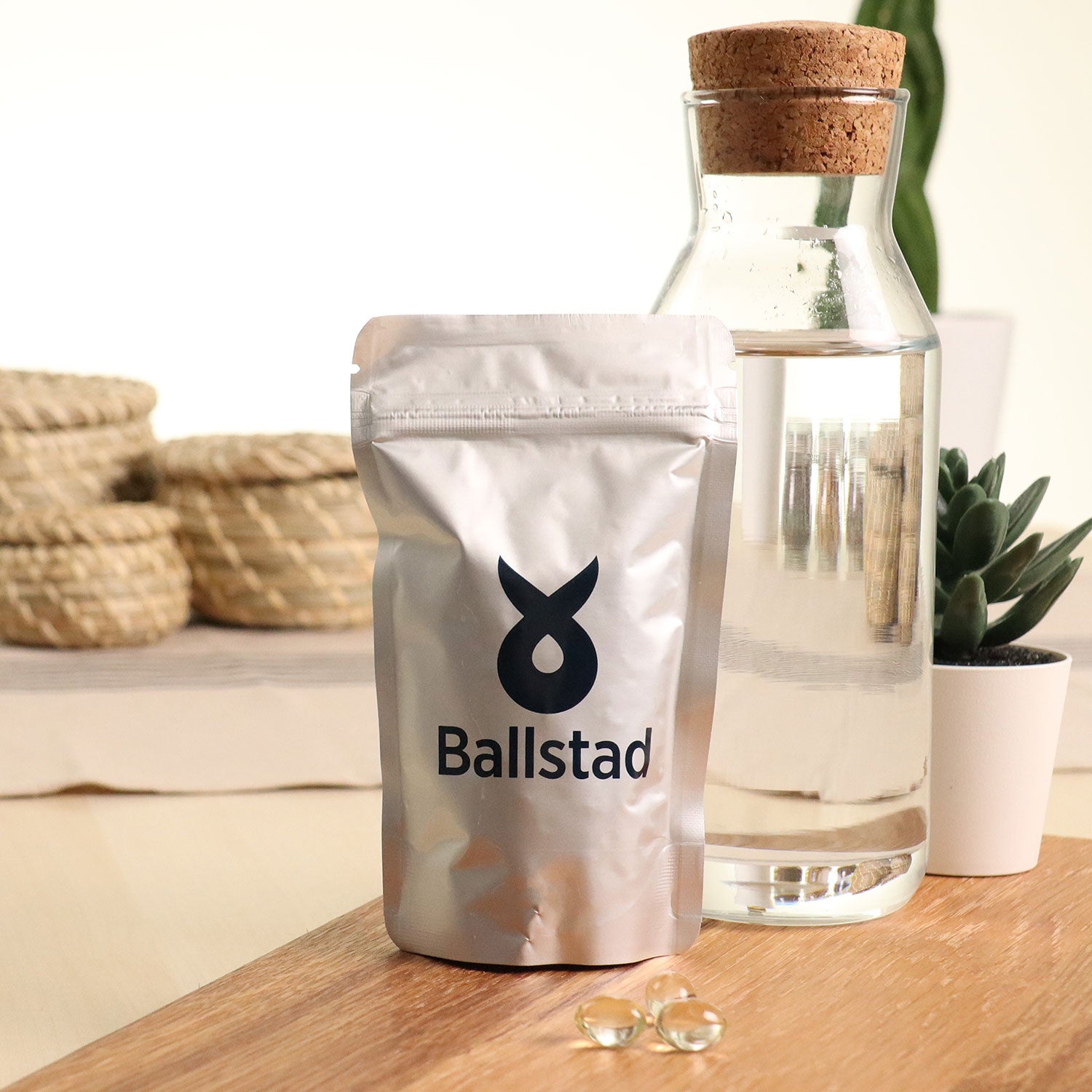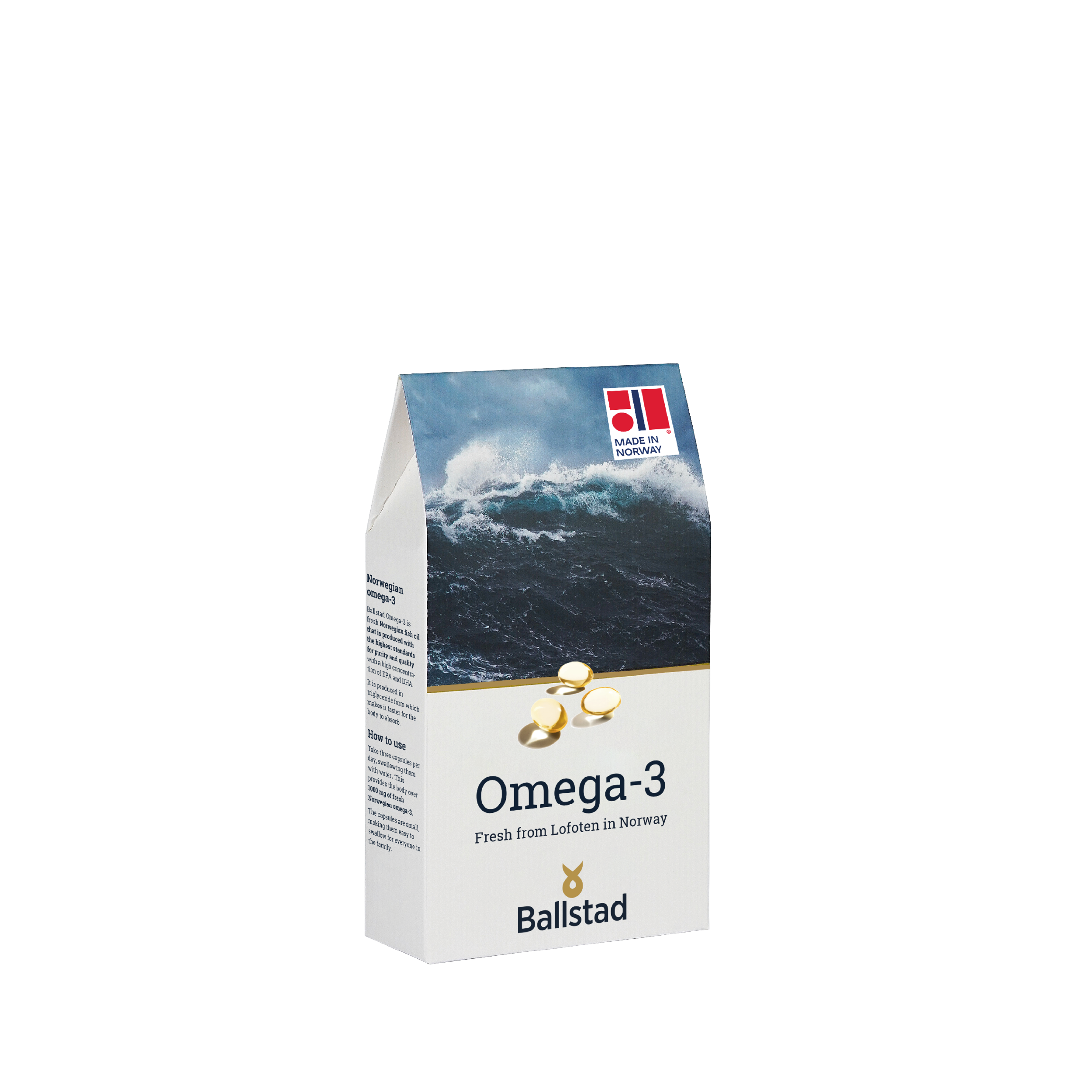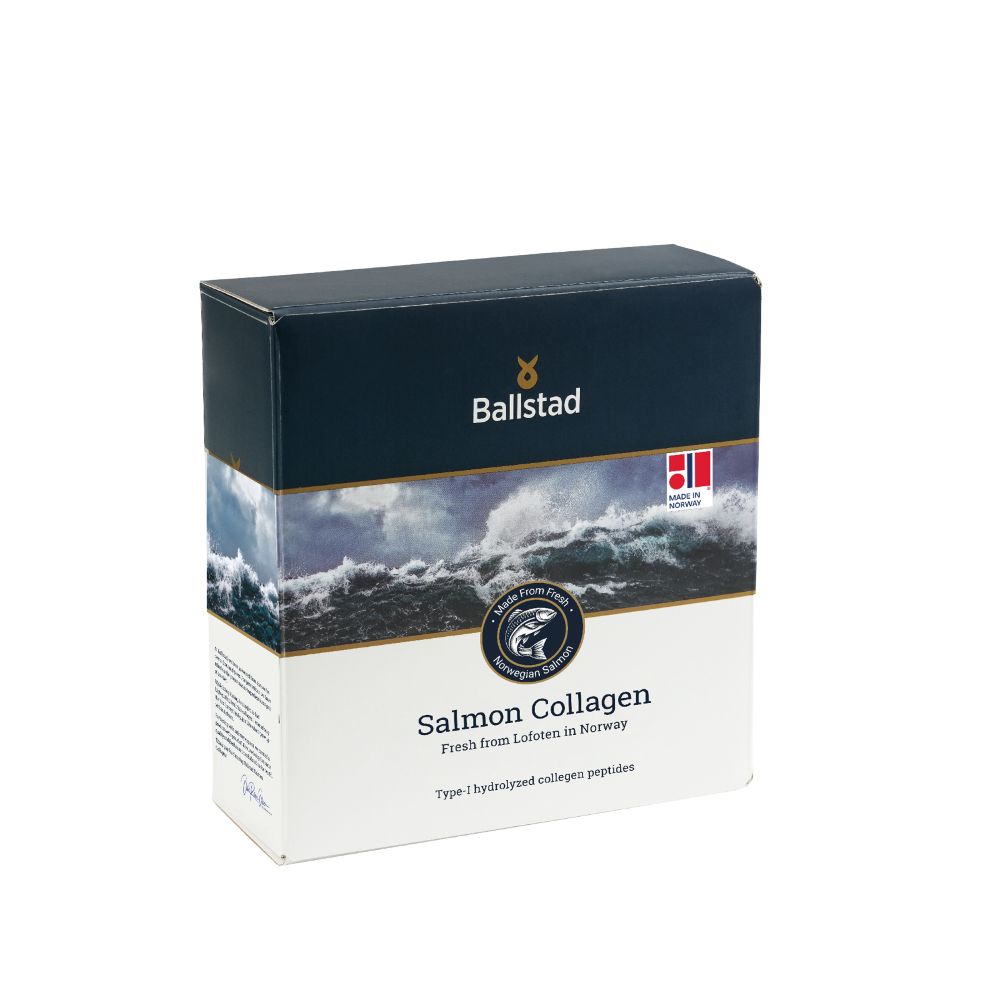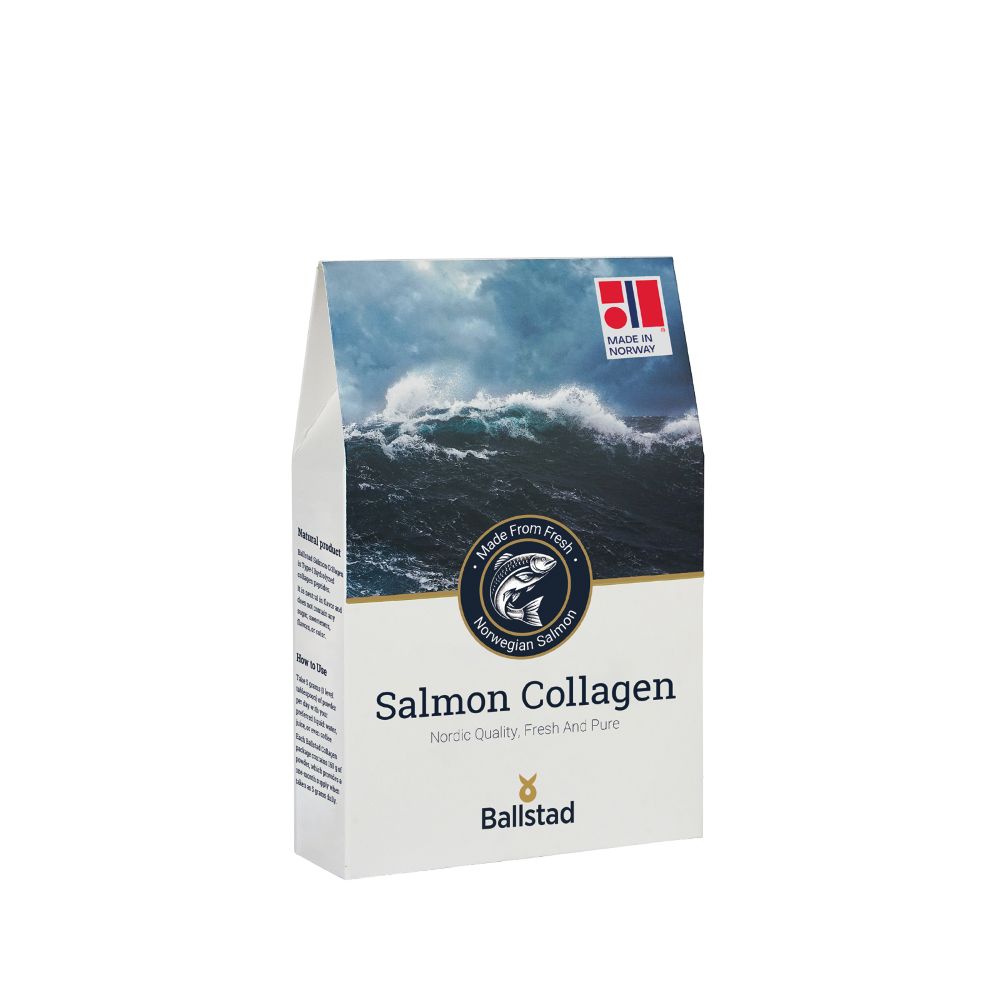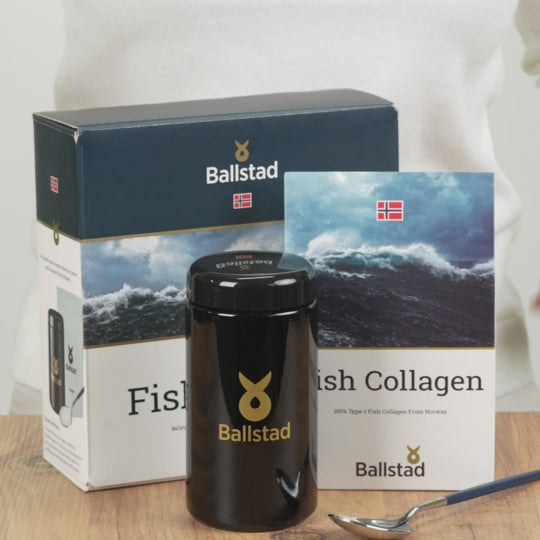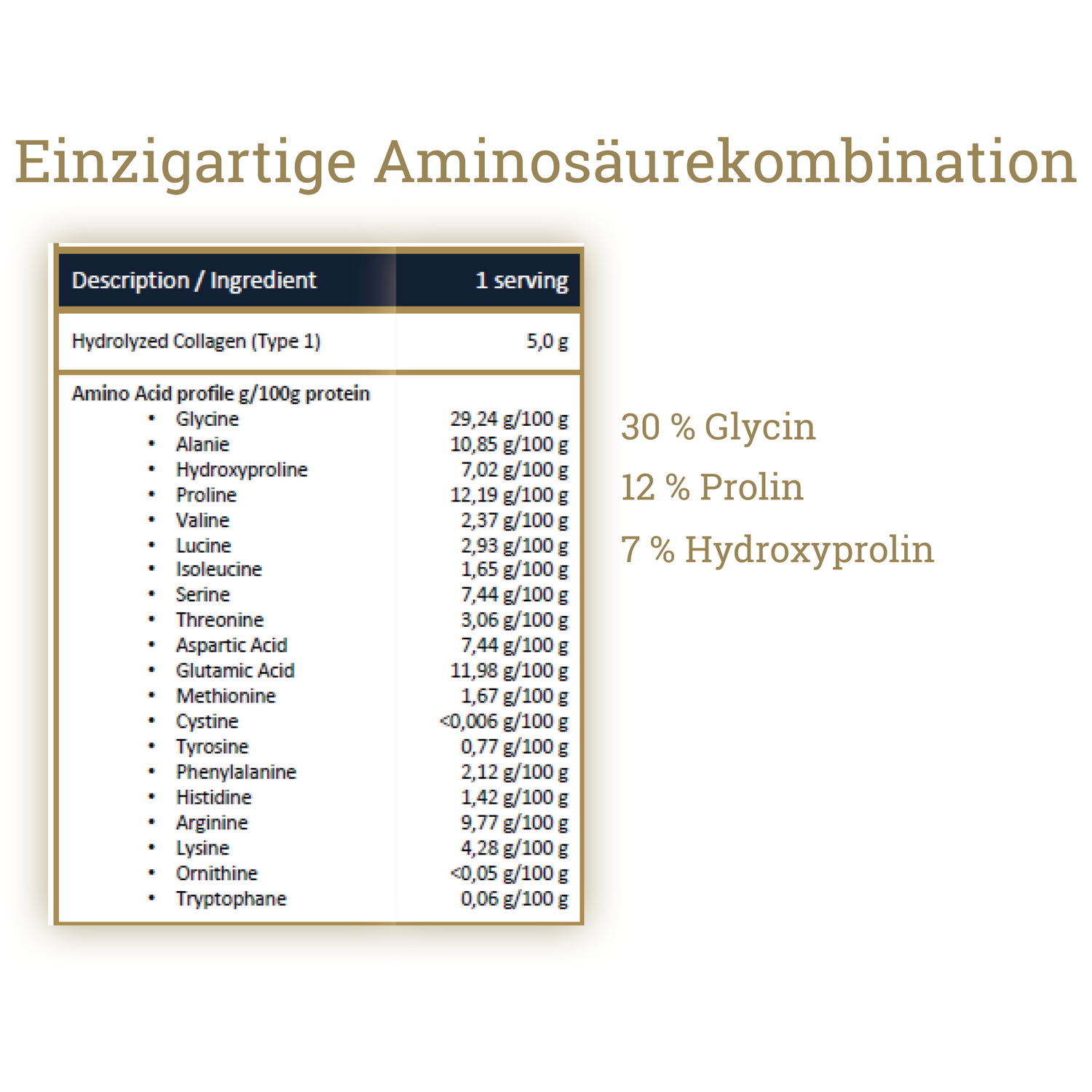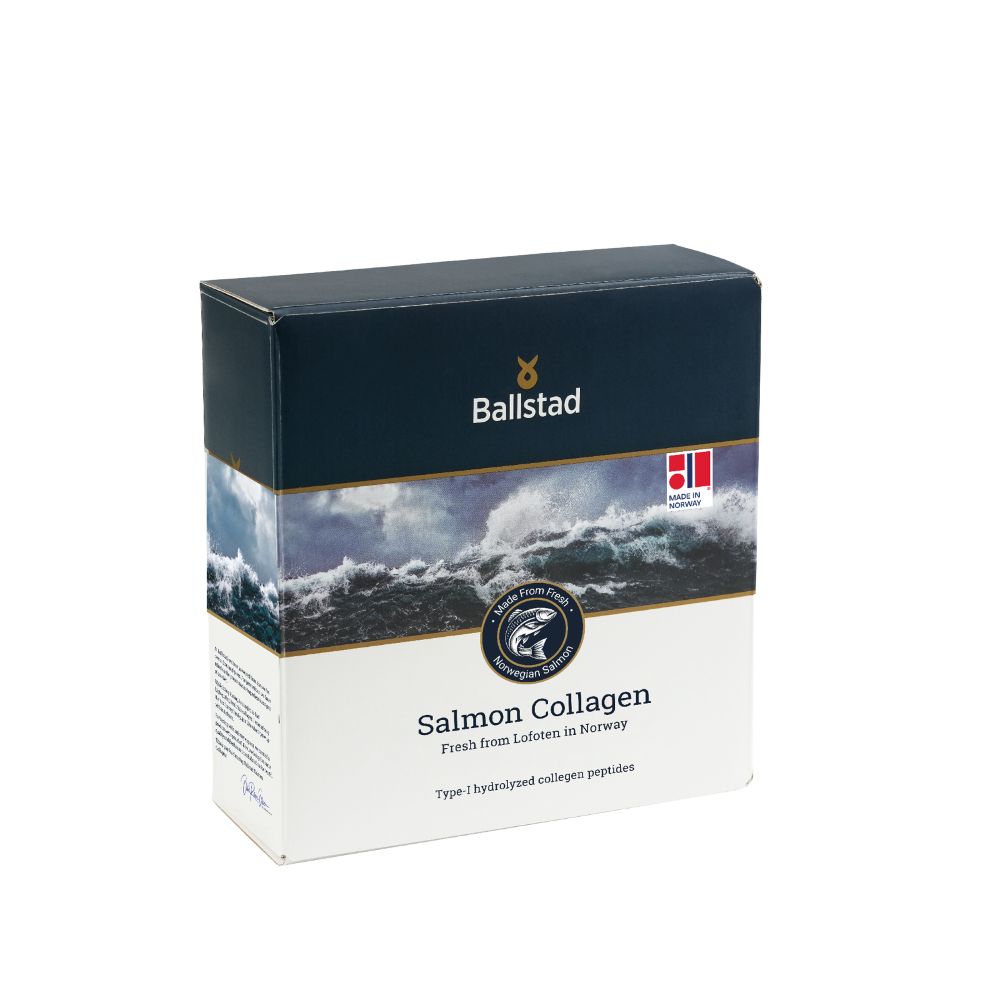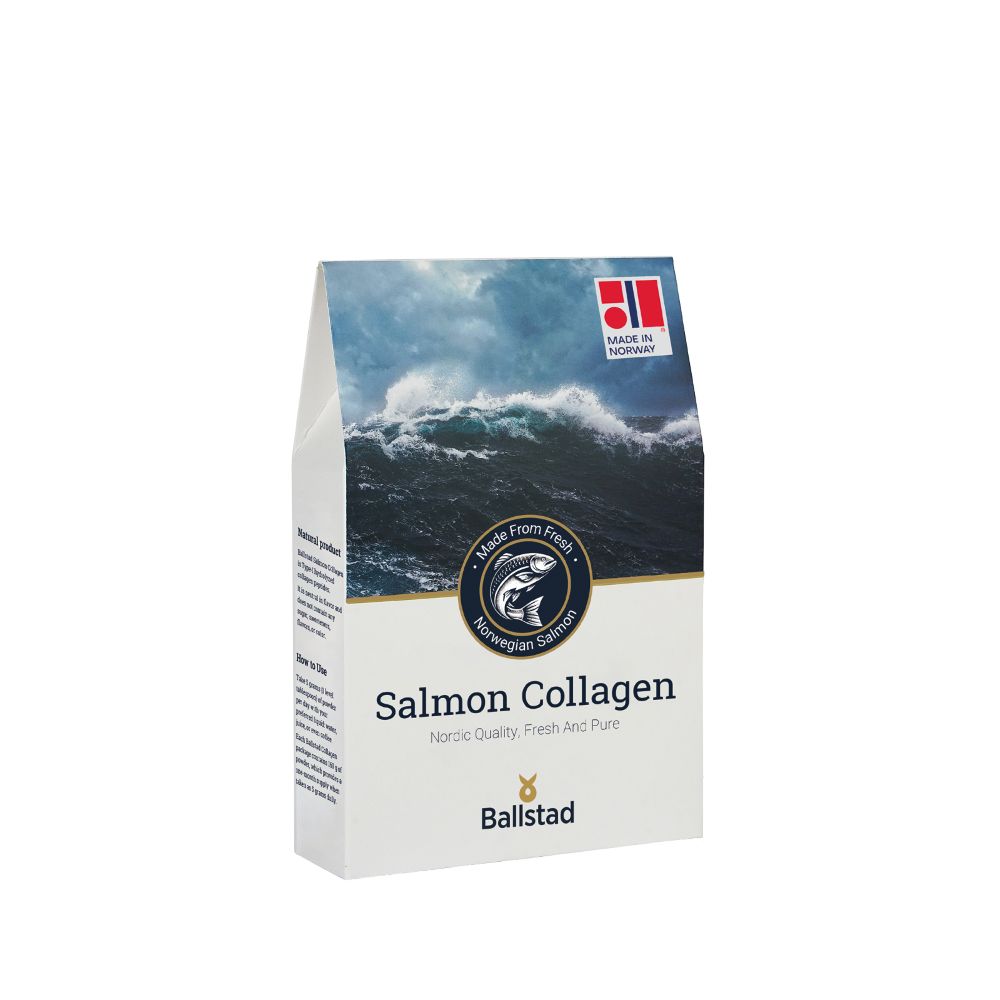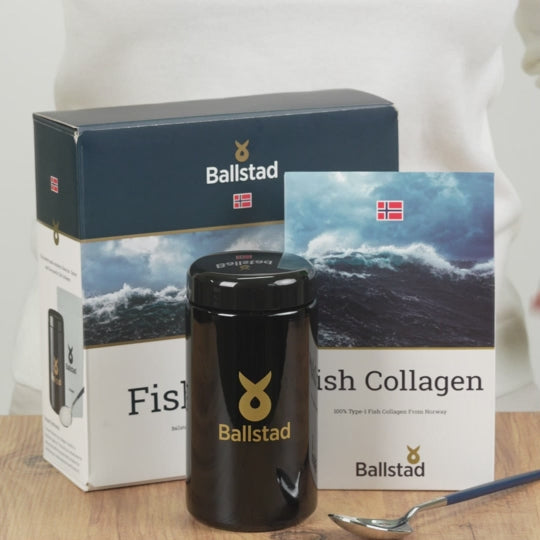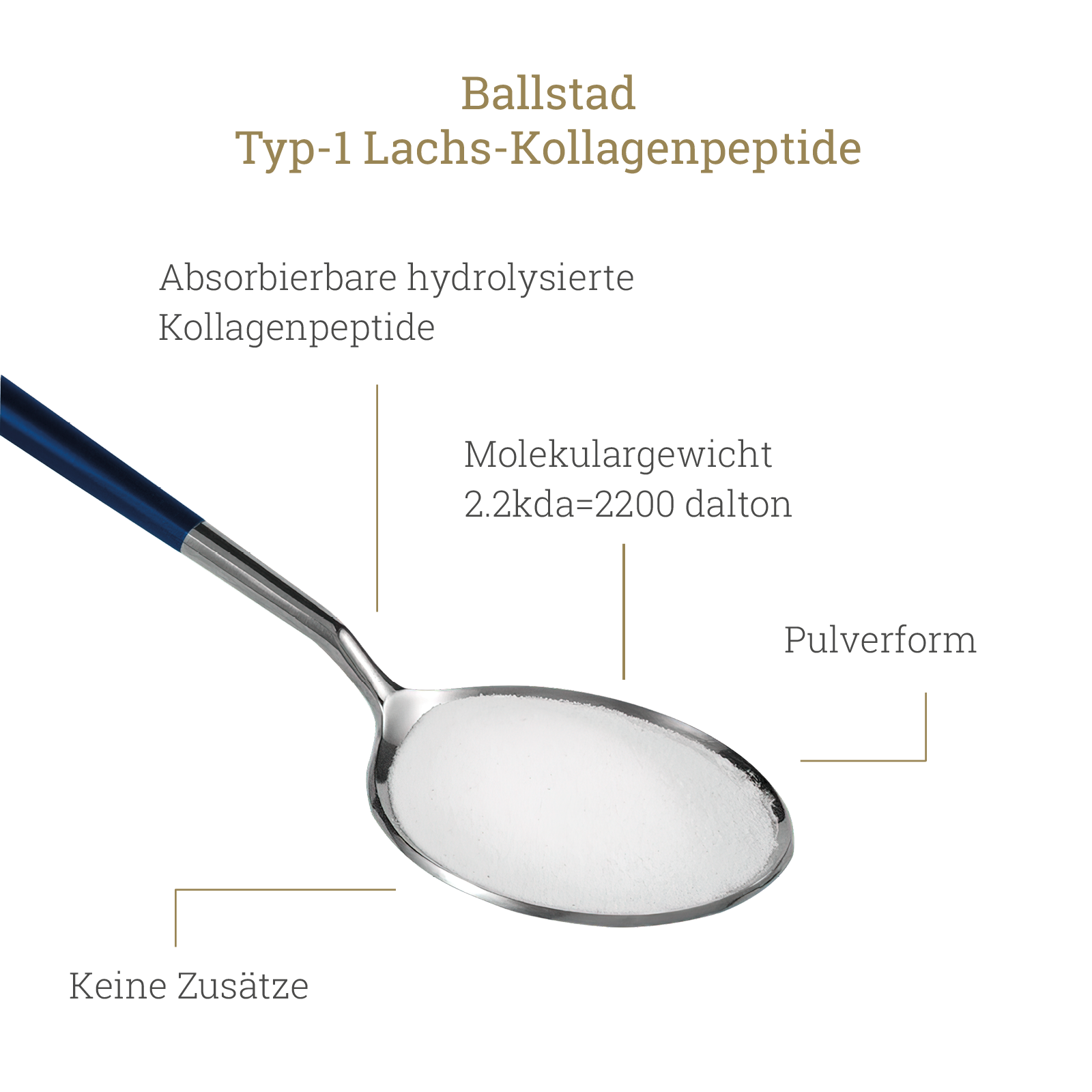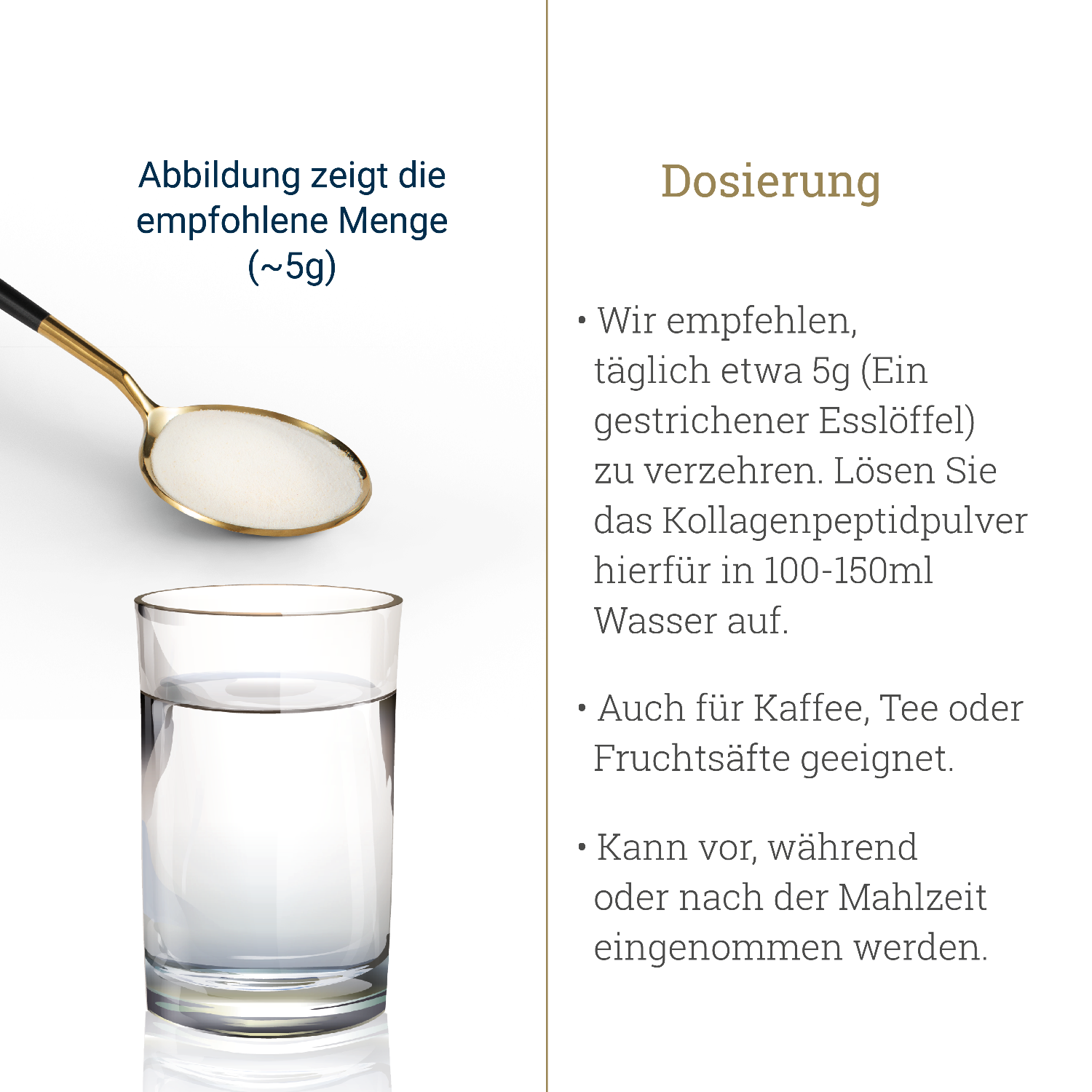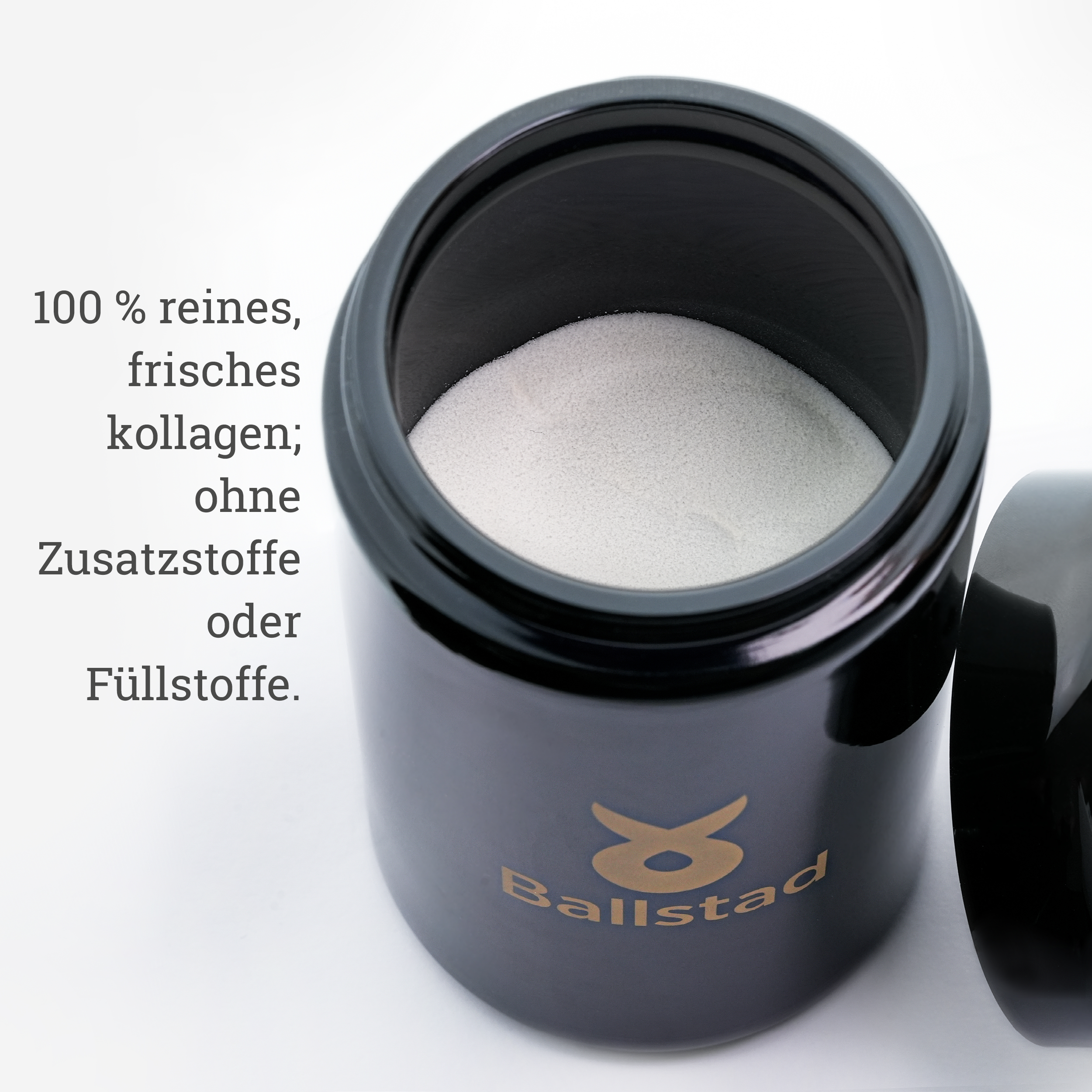Why collagen is important for bone structure
When it comes to bone health, many people immediately think of calcium and vitamin D – and rightly so. But there's another, often underestimated building block: collagen . While calcium contributes to bone strength, collagen ensures bone structure, flexibility , and resilience . Only the interaction of these components makes bones strong, yet elastic enough to withstand stress.
With increasing age—especially in postmenopausal women—the body's own collagen production declines. A reduced collagen supply can affect the stability and density of bone structure. In the long term, this can be associated with an increased susceptibility to bone loss and limited mobility.
The role of collagen in bone regeneration
Although bones feel hard, they are made of living tissue that is constantly being built up and broken down. About 90% of the organic portion of bone tissue is type I collagen . It forms a framework that stabilizes the structure and allows for the storage of minerals such as calcium and phosphorus.
Studies have shown that collagen peptides contribute to bone density and can stimulate the activity of osteoblasts —cells involved in the formation of new bone tissue. A study of postmenopausal women showed that taking collagen peptides was associated with an increase in bone density.
Integrate collagen into your diet
A combination of a balanced diet , exercise , and targeted supplementation forms the foundation for long-term bone health. Collagen supplements can play a complementary role—especially during a phase of life when natural collagen degradation increases.
Marine collagen is considered to be particularly bioavailable because it can be easily absorbed and utilized.
Ballstad Salmon Collagen contains high-quality type I collagen from sustainable fisheries and, thanks to its neutral properties, can be easily integrated into everyday life – whether in a smoothie, tea, or simply in water.
Support bones naturally – for a lifetime
Bone loss often progresses gradually and goes unnoticed for a long time. This makes it all the more important to consciously support the body's basic collagen structure —a gentle, preventative approach to maintaining mobility , stability , and quality of life .
When it comes to protecting your bones in the long term, it's worth taking a look at collagen - because it's often the invisible elements that make a structure strong.
Sources
-
Koenig et al. (2018): Specific collagen peptides improve bone mineral density and bone markers in postmenopausal women – Nutrients Journal
-
EFSA Journal: Collagen hydrolysate and its relationship to bone health – scientific review
-
BfR (Federal Institute for Risk Assessment): Assessment of food supplements containing collagen
-
Regulation (EC) No 1924/2006: Health Claims on Foods
-
Rizzoli R et al. (2014): Role of nutrition in the prevention of osteoporosis – Osteoporosis International

